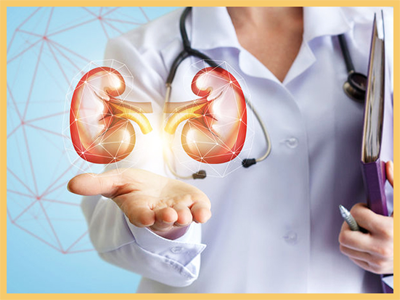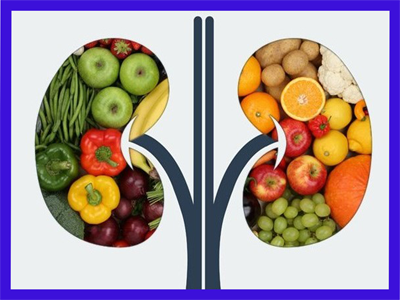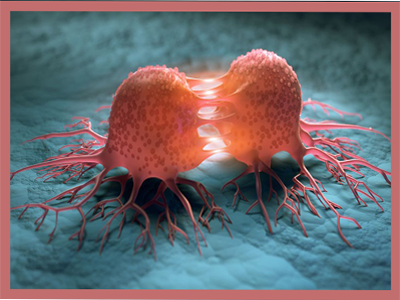
CKD in primary health care settings
Nephrology is a specialty of adult internal medicine and pediatric medicine that concerns the study of the kidneys, specifically normal kidney function and disease , the preservation of kidney health, and the treatment of kidney disease, from diet and medication to renal replacement therapy. Nephrology also studies systemic conditions that affect the kidneys, such as diabetes and autoimmune disease; and systemic diseases that occur as a result of kidney diseases, such as renal osteodystrophy and hypertension. History and physical examination are central to the diagnostic workup in nephrology. The history typically includes the present illness, family history, general medical history, diet, medication use, drug use and occupation. The physical examination typically includes an assessment of volume state, blood pressure, heart, lungs, peripheral arteries, joints, abdomen and flank. A rash may be relevant too, especially as an indicator of autoimmune disease. Chronic kidney disease is typically managed with the treatment of causative conditions (such as diabetes), avoidance of substances toxic to the kidneys (nephrotoxins like radiologic contrast and non-steroidal anti-inflammatory drugs), antihypertensive, diet and weight modification and planning for end-stage kidney failure. Impaired kidney function has systemic effects on the body. An Erythropoietin stimulating agent (ESA) may be required to ensure adequate production of red blood cells, activated vitamin D supplements and phosphate binders may be required to counteract the effects of kidney failure on bone metabolism, and blood volume and electrolyte disturbance may need correction. Diuretics (such as furosemide) may be used to correct fluid overload, and alkalis (such as sodium bicarbonate) can be used to treat metabolic acidosis. At the end of this training program, the participants will be able to attain knowledge regarding the Management of CKD in a primary healthcare setting and also develops a positive attitude in practicing those things in various practice settings. The participants can download PPT, Handouts etc. from the additional resource folder.

Diet in CKD
Healthy kidneys balance salts and minerals in the blood. When you have chronic kidney disease (CKD), the kidneys can’t filter your blood the way they should. What you eat and drink can help your kidneys maintain a healthy balance of salts and minerals in your body and help you feel better. Eating the right foods and avoiding foods high in sodium, potassium, and phosphorus may prevent or delay some health problems from CKD. What you eat and drink may also affect how well your kidney disease treatments work. Understanding how calories, fats, protein, and liquids affect the body is important for people with advanced CKD. As CKD advances, nutritional needs change. Your health care professional may recommend you choose foods more carefully. At the end of this training program, the participants will be able to attain knowledge regarding the diet in CKD and also develops a positive attitude in practicing those things in various practice settings. The participants can download PPT, Handouts etc. from the additional resource folder.

Cancers
This course mainly covers this oral, cervical & breast cancers. These cancers are the main burdens usually affect peoples in our country. At the end of this training program, the participants will be able to attain knowledge regarding the cancers and also develops a positive attitude in practicing those things in various practice settings. The participants can download PPT, Handouts etc. from the additional resource folder.